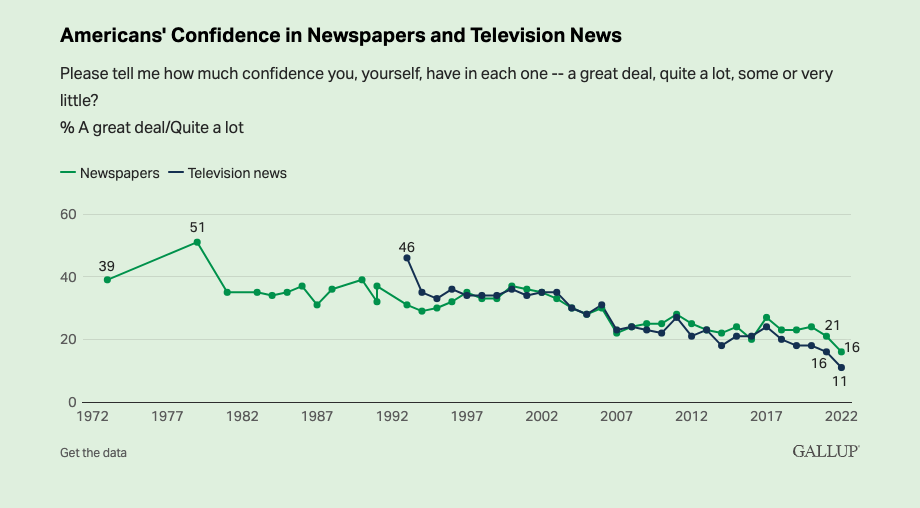
Written by William C. Duncan
August 12, 2022
In Sutherland Institute’s most recent Congressional Series event, Rep. Blake Moore spoke about the nation’s debt and fiscal crisis – noting that the members of Congress who have the most impact and influence on the country are not the members who have “millions and millions of Twitter followers.”
Rather, it is members like the committee chairs who are crafting the legislation that eventually becomes the law of the land. By getting to know them and following what they are doing, we can become better educated on the policy reforms that the federal government is actually enacting (not just what is being talked about).
His comments spotlight an important angle on the question of civics education. As we typically think about being a good citizen, we primarily think of knowing how government works, including a basic understanding of the nation’s history (the three branches of government, etc.).
Additionally, we think about fulfilling basic civic duties: voting, knowing who candidates are, listening to debates, etc.
Moore’s presentation points to another need for responsible citizenship – knowledge of public issues, or at least a willingness and ability to obtain that knowledge. It’s easy to understand why this is significant. I can imagine complaining about Congress’ federal spending decisions even when Congress has not actually voted on them (because they are entitlements that are thus counted as mandatory spending).
All of us are at risk of doing the same thing – opining about a topic we don’t fully understand but changing our position later when we know more. There is nothing shameful in that. The ability to adjust views to incorporate new information is an attribute of responsible citizenship.
The challenge, of course, is to find reputable information, and that seems to be increasingly difficult. A recent Gallup poll found that only 16% of Americans have significant confidence in newspapers and even less in television news. Trust in newspapers has fallen from 39% (as measured in 1973 and 1990), and from a high of 51% in 1977. For television news, the fall was from 46% in 1992, when the question was first asked. There is an interesting partisan divide, with 35% of Democrats expressing trust in newspapers compared with 12% of independents and 5% of Republicans, and 20% of Democrats expressing trust in television news compared with 8% of independents and Republicans.

Since the natural source for information about civic issues is news media, this lack of trust presents a tremendous social problem.
Solving a problem like that depends on determining who is to blame. Is there something the media are doing that merits distrust? Are the American people unfairly suspicious of news sources?
We are unlikely to get widely accepted answers to these questions, so the information problem will probably have to be approached in different ways.
On the supply side, efforts like Moore’s to discuss significant policy issues will be increasingly important. It is likely that most Americans look to some source for such information, if not to newspapers and television news. Perhaps social media or other nontraditional sources are the means for most to get their information.
The lack of trust in news media (which has been a growing problem for some time) seems to preclude a broadly accepted informal credentialing of information sources. Thus, it becomes more important for citizens to become informed consumers of the variety of sources they may look to in understanding policy issues.
In the meantime, the need for reputable and helpful sources of information on policy issues is something policymakers, media outlets, nongovernment organizations and others must attend to.
More Insights
Read More
Education policy to consider during the 2024 election season
Here’s a look at what each presidential candidate is likely to focus on in education, given their track records and campaign platforms.
Ignoring the text of the Constitution is a mistake
A written Constitution is entirely superfluous if the document is simply meant to give the people what they want.
What you need to know about election integrity
It should be easy to vote and hard to cheat. This oft-quoted phrase has been articulated as a guiding principle by many elected officials wading into voting and election policy debates in recent years. So why has this issue been so contentious, and what’s the solution?


